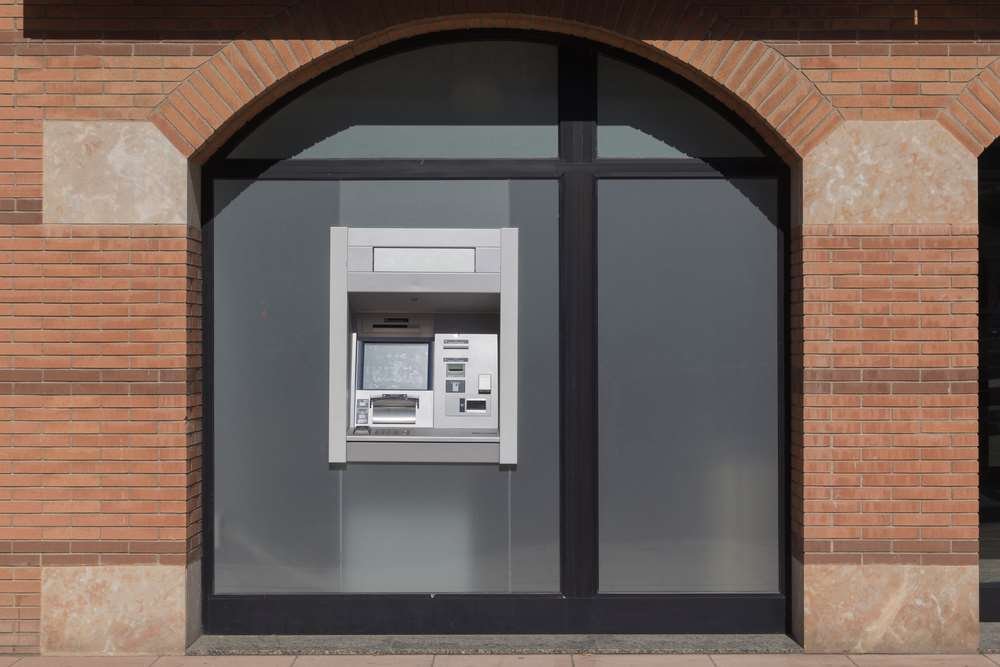Will Banking as a Service become the norm in 2020?
Published by Gbaf News
Posted on December 11, 2019
5 min readLast updated: January 21, 2026

Published by Gbaf News
Posted on December 11, 2019
5 min readLast updated: January 21, 2026

By Madhur Kumar Jain, Senior Vice President and Global Head of Solution Consulting, SunTec Group

Madhur Kumar Jain
As the banking industry continues to evolve, the cry for a customer experience revolution is stronger than ever. Does that mean Banking as a Service (Baas) will dominate the next decade? Customers today are used to engaging with their vendors and buying everything they want online – from vehicles to fashion. They naturally expect the same experience when it comes to their bank – giving them all their options for products and providers in one place to compare, assess and purchase. Therefore, banks will need to put increased focus on reducing customer churn and coming out with hyper-personalised products and services to match the individual customer needs thereby retaining customer loyalty.
The strategic focus on customer experience has largely been driven by the pressure which banks are being experiencing from the Big Tech companies such as Google, Amazon, Facebook and Apple muscling their way into financial services and muddling the boundaries between the industries, as well as competition from Fintechs and new entrants into the market. In order to truly compete with the Big Tech companies, banks will need to make the transition from merely providing banking service to truly owning the customer value chain experience – which will include offering empathetic banking and truly humanizing the banking experience.
But couldn’t one argue that banking is already a service?
Banking is supposed to be a service, but it no longer is. Banks are looking out for their own needs and pushing their own products to their customers, irrespective of whether that product meets the needs of the customer or not. So, it could be said that banks are working inside out because they are looking at their profits first and, in this process, they are forgetting the requirements of individual customers. Moving into 2020 and beyond, banks must consider the needs of the customer more deeply and look outside of its own products in order to truly offer Banking as a service (BaaS) and place the customer first.
Working together to provide choice
Banking has become a commodity marketplace and as a result, they are restricted by the products that they manufacture, leaving the customer with little choice but the products on offer from their own bank. But if banking was truly a service then it should have been able to work with other providers to give the customer what they desire. Simply put, if banks can work with two or three other service providers as a BaaS provider, the choice of products is widened and therefore, you are more likely to provide the customer with the right solution for their need.
Over the last few years, we have seen non-traditional players, like Amazon, coming into the banking space and trying to build customer ownership by working with different banking providers. There are also a large number of banks that believe that the only way they will survive is by being willing to work with other providers and offer their products; ultimately, the main goal is to fulfil the customer’s needs. So, we expect to see more banks move into that position, and also more third-party players coming into the industry.
Although this creates more layers, bringing in an extra layer of technology, should not dramatically increase the cost. If a bank becomes a BaaS provider, there is no additional complexity other than its product portfolio getting much wider by adding products from traditional and non-traditional providers. Plus, if you are an independent BaaS provider, you will also have your own products being sold to other parties; in effect, you are not shifting far from today’s existing model but the model that exists becomes ubiquitous. In fact, bringing this together provides a holistic solution to the customer, which may actually reduce the cost of service to customers.
Empathetic banking
BaaS has another important component – empathic banking. The bank manager of yesteryear need not be a thing of the past; imagine a digital bank manager being able to give a customer exactly what they want. For example, customers are never looking for a mortgage, they are looking to buy a house. Empathetic banking takes this to the next level by allowing the bank to slip in under the radar to make sure the customer gets both the product and service they need to make these life choices – the bank is simply there to assist the customer to buy the house.
The question remains, are customers getting what they need from their bank?
Undoubtedly, companies and consumers are the ones who will decide the future of BaaS. As the new decade begins, banks will need to accelerate their digital transformation and deliver the optimal enhanced customer experience – without the need to replace costly legacy systems.
Ultimately, banks need to show more empathetic understanding of their customers and their real needs. As organisations, they have spent money, time and effort to make customer interaction, more efficient and seamless across different channels. And its time now for these banks to look at investing in how they can work with their customer to ensure that the customer’s personal choice is being met. They have the intelligence on the customer; the means of interacting with the customer and the capability to put it all together. Working with third party providers will allow banks to become a truly open organisation and offer very specific customised solutions to the customer as well as the benefit of having a dynamic portfolio that can be offered to the customer and the market – a win/win situation for both the parties.
Explore more articles in the Banking category











